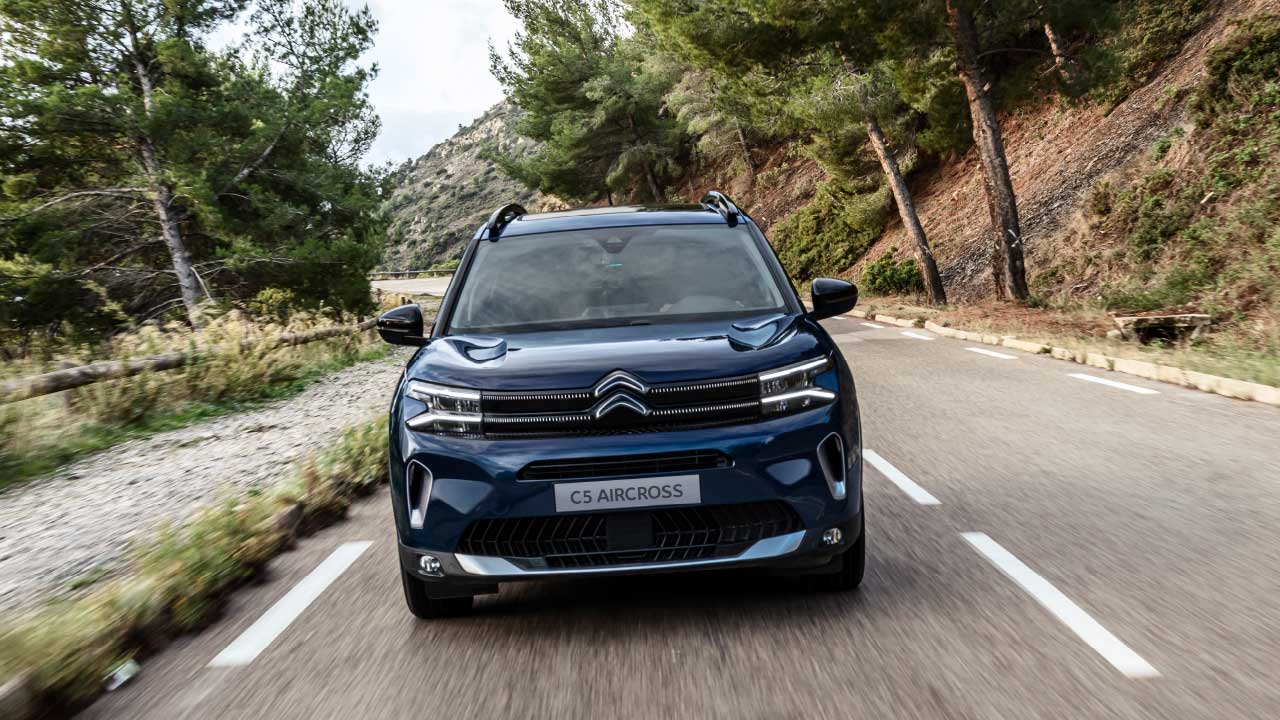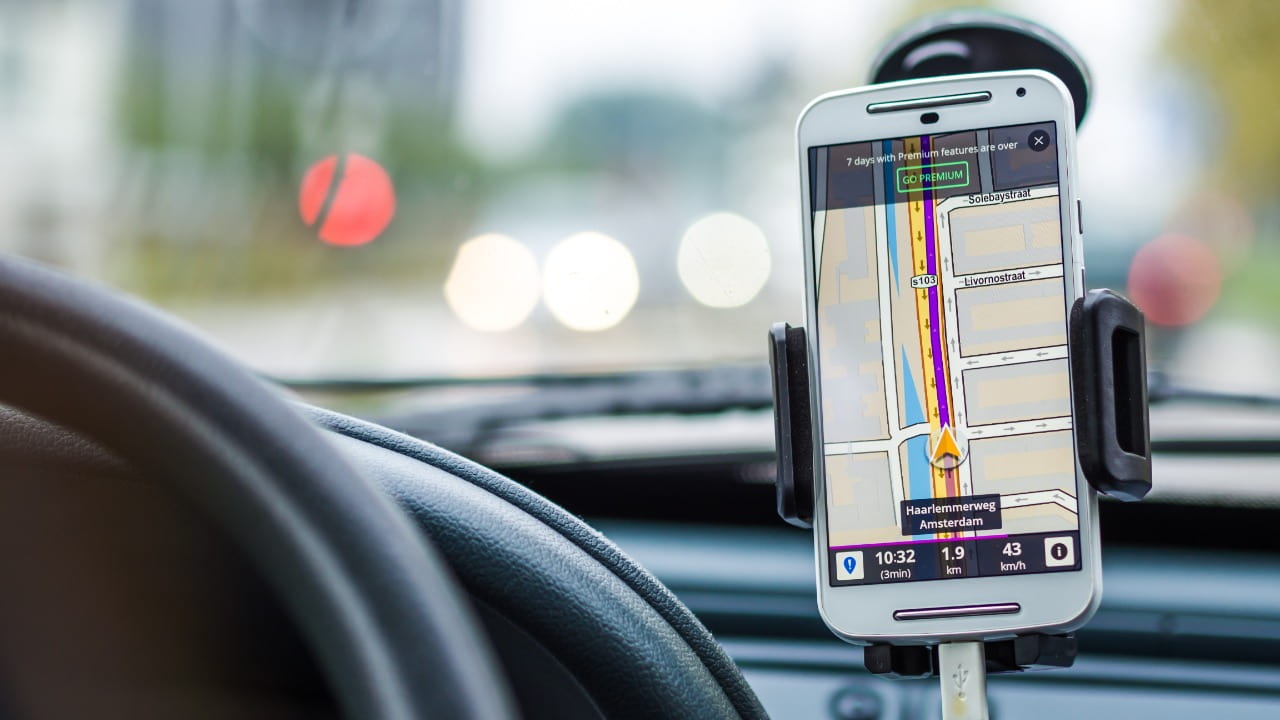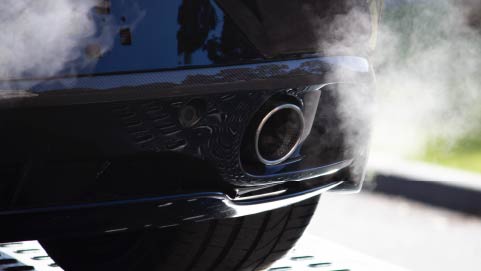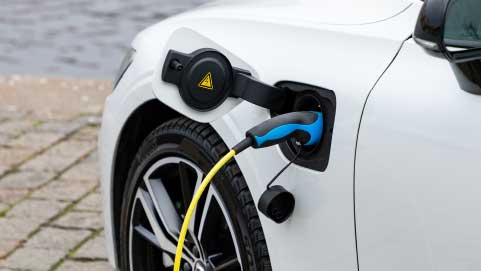Tips to save you money
In the competitive world of business, organisations are always searching for ways to reduce costs in order to remain efficient and maximise profits. With fuel prices rising and demand for vehicles increasing, corporate fleets are one of an organisation’s largest expenses.
Despite a variety of options being available, including advanced fleet fuel management solutions such as fuel supplements, telematics and route optimisation tools, there are also a lot of things that drivers can be doing to help cut fuel costs.
Whilst the telematics market offers technology that can provide real-time data on vehicle location and driver behaviour tracking, this information is only effective in boosting fuel economy if drivers alter their driving style to become more efficient.
Simple driving habits such as using the handbrake at traffic lights and driving at an efficient number of revs, in addition to using an appropriate, well maintained vehicle, are important aspects when trying to boost fuel efficiency.
- Use a suitable vehicle for the job
- Break bad habits
- Maintenance is key
- Increased MPG equals degreased fuel costs
- Route optimisation
Use a suitable vehicle for the job
Many businesses use fleet vehicles that are not suitable for the job. Using a vehicle that is larger or heavier than it needs to be will drastically affect fuel costs; do your drivers need full sized vans, or will a smaller vehicle suffice? Fuel type is also an essential facet to consider; diesels are more economical than petrols and hybrids when travelling long distances, but petrols and hybrids are better for short, city journeys.
Invest time in understanding the needs and logistics of your fleet vehicles and how they coincide with your business requirements, or speak to one of our fleet specialists, who will be happy to offer advice and guidance.
Break bad habits
Hard acceleration, driving in the wrong gear and travelling at inconsistent speeds all contribute to a high fuel consumption. Excess use of air conditioning and harsh braking are also among the list of bad driver habits which, if avoided, could make a considerable difference to the amount of fuel being used.
By altering driving styles and breaking bad habits, drivers, and business owners alike will see an improvement in fuel consumption. Telematics devices can be installed in vehicles to track and monitor driving behaviours, making it easier to encourage more efficient driving where necessary.
Maintenance is key
Poorly maintained vehicles release more emissions and experience a higher fuel consumption. So, regular services and frequent checks on things such as tyre pressure, breaks, oil, engine and general wear and tear, will have a positive impact on a vehicle’s running costs, and the environment.
In addition to cutting fuel costs, well maintained vehicles will save you money when it comes to repairs as the vehicle will be in a good condition compared to those which have not been properly maintained or cared for.
Increased MPG equals decreased fuel costs
It goes without saying that increased MPG will cut fuel costs, and there are a number of ways to do this. The removal of unnecessary equipment from the vehicle will reduce the weight, resulting in less fuel being used, and regularly checking tyre pressure will also contribute to a more efficient fuel consumption. Under-inflated tyres lead to loss in fuel economy and also increases the processes of wear and tear – another factor to consider when trying to save money.
Route optimisation
Reducing unnecessary road miles by researching and planning the most efficient route for single vehicles or whole fleets will contribute to cutting fuel costs. When planning the route, take aspects such as road conditions, speed limits and distance into consideration in order to determine the most efficient route. Driving at a consistent speed on a flat surface is much more economical than driving via varying inclines and speeds, so even though a route may be shorter, it will not necessarily cut fuel costs.








